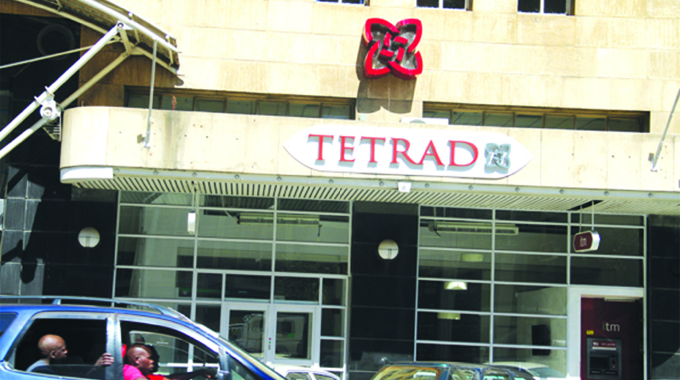AfDB raises US$8,9bn for Africa

Tapiwanashe Mangwiro
Senior Business Reporter
The African Development Fund (ADF) committed a total package of US$8,9 billion, the largest replenishment in the history of the fund, towards its 2023 to 2025 financing cycle to help African countries support needy areas.
The ADF is the concessional window of the African Development Bank (AfDB) Group, which provides grants and soft loans to the continent’s low-income countries and African other countries that require financial help.
The US$8,9 billion replenishment package includes US$8,5 billion in core ADF funding and US$429 million for the newly created Climate Action Window.
AfDB disclosed the funding package at the fourth and final meetings of the new replenishment (ADF16) in Morocco.
Dr Akinwumi Adesina, AfDB president, applauded the funding package saying, “I am impressed by the huge commitment and efforts of the ADF donor countries in stepping up support for Africa’s low-income countries, especially at this time of great economic, climate and fiscal challenges.
“This is the power of global partnerships and effective multilateralism in support of Africa.”
Through its Transition Support Facility (TSF), ADF has funded the implementation of renewable sources of energy in Zimbabwe to provide power for alternative water sources in vulnerable communities, reducing the risk of diseases such as diarrhea.
As a result of the initiative, 61 solar-powered piped water schemes have been established, 164 boreholes rehabilitated, and 15 new water points constructed, reaching over 854 975 people.
The board of directors of the African Development Fund approved a grant of around US$25,65 million in the third quarter of this year to help Zimbabwe enhance domestic food production and supply.
The funds were drawn from the TSF, although the board provided a waiver, to assist Zimbabwe to mitigate against a possible food crisis. Zimbabwe is saddled by onerous debt and in arrears and therefore is ineligible for TSF resources.
“This US$25,65 million project aims to mitigate the food insecurity situation in Zimbabwe, which results from a poor agriculture season due to rainfall deficits and the impacts of the Russia/Ukraine conflict. “The conflict has contributed to a sharp rise in commodity prices, including food and farm inputs, such as fertilizer and seed,” Leila Mokaddem, the bank’s director general for southern Africa region said in July.
“This project is in line with the bank’s Zimbabwe strategy to support the private sector and agriculture productivity and sustainability as well as developing related value chains,” Mokaddem said.
ADF-16 core funding represents a 14,24 per cent increase over ADF-15 of US$7,4 billion. It is a strong endorsement of ADF and its impact in tackling the continent’s multiple development needs, including recovery from the Covid-19 pandemic, the effects of climate change, fragility, debt, and economic vulnerabilities.









Comments